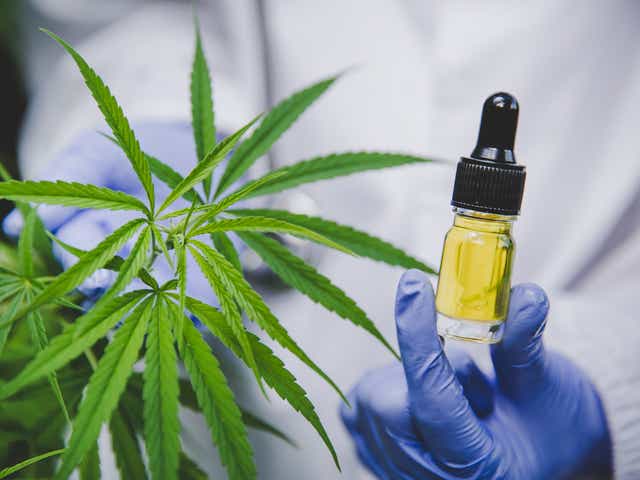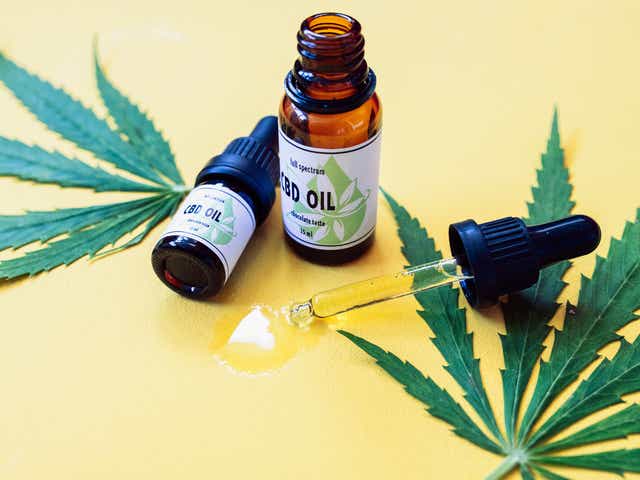Cannabidiol (CBD) is currently in the spotlight. From CBD-infused drinks to oils, moisturizers, and even pillowcases, the extract of the hemp plant can now be purchased in mainstream stores in countries such as the United Kingdom, United States, and Canada.
With companies marketing CBD as a miracle cure for a wide variety of pathologies, including depression and arthritis, its appeal is obvious.
But is there any truth to these marketing claims?
What is CBD?
CBD is a chemical found naturally in hemp plants. Although hemp is known to cause a “high,” the World Health Organization (WHO) has reported that CBD itself cannot give you a high and does not cause dependence. This is because pure CBD extract does not contain tetrahydrocannabinol (THC), the psychoactive chemical in hemp that causes the feeling of being “high”.
Is CBD the same as medical hemp?
Medical hemp is a term that describes any hemp-based medicine used to relieve symptoms.
CBD products that can be purchased over-the-counter are not classified as medical hemp because the quality and quantity of CBD they contain have not been medically verified.
Doctors can prescribe approved medical hemp, but currently, they can only do so for a small number of health problems. In the UK, these pathologies are two severe forms of epilepsy and nausea and vomiting in adults undergoing chemotherapy.
Medical hemp is licensed in the UK to treat muscle spasticity in people with multiple sclerosis. However, its indication for this symptom is rare, as the National Institute for Health and Care Excellence (NICE) does not consider it a cost-effective treatment option.
In the United States, medical hemp has only been approved by the Food and Drug Administration (FDA) for the treatment of the same rare types of epilepsy as in the United Kingdom.
What are the health benefits of CBD?
Marketing claims about the health benefits of CBD products are plentiful and range from treating acne to improving chronic pain, depression, or anxiety. However, there is a lack of solid human research to back up most of these claims.

So, has CBD been medically proven to treat any pathology?
According to the WHO, clinical studies have shown that a highly purified liquid form of CBD, called Epidiolex, is an effective treatment for epilepsy.
There is also some evidence that medical hemp can help improve certain types of pain. However, more research is needed before hemp products can be medically recommended for pain relief.
Is CBD safe?
The WHO has reported that CBD oils are generally well tolerated and safe to use. This means that CBD-containing products are only low risk. The problem with using CBD products that have not been medically approved is that there is no guarantee that they do not contain THC.
THC is less safe than CBD and carries health risks, which include:
- Psychosis: regular hemp use increases a person’s risk of schizophrenia or other psychotic illness.
- Dependence: this is less likely if hemp use is controlled and supervised by a medical specialist.
Is CBD legal?
CBD products are not legal in all countries. However, some countries, such as the United Kingdom, have classified CBD products that do not contain THC is legal to buy and use.
Check your country’s laws for specific information on whether CBD products are legal to buy and use.
If you are considering using CBD products to improve your health, talk to your doctor before doing so.


